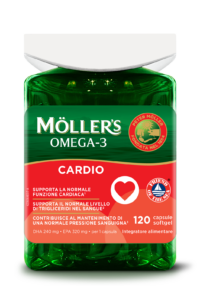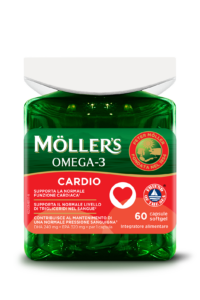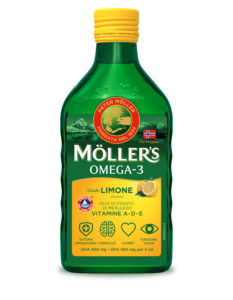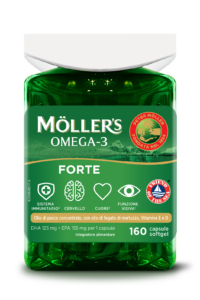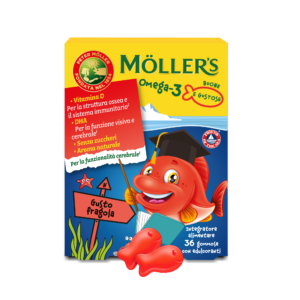Gli omega-3 sono grassi essenziali che apportano benefici a livello dell’occhio, del cuore e del cervello. Per avere questi benefici, le linee guida consigliano di assumere almeno 250 mg al giorno di due tipi di omega-3: EPA e DHA. Recentemente, gli scienziati hanno scoperto che gli omega-3 possono aiutare anche la fertilità, sia nelle donne che negli uomini.
Fertilità Femminile
La qualità degli ovuli di una donna è fondamentale per rimanere incinta e per lo sviluppo iniziale del bambino. Questa qualità dipende molto dalla salute generale e dall’alimentazione. Problemi come obesità o diabete possono influire negativamente.
Gli omega-3, presenti nella dieta, possono migliorare la maturazione degli ovuli attraverso meccanismi specifici nelle cellule che circondano gli ovuli (le cellule della granulosa). Questi grassi aiutano le cellule a produrre ormoni essenziali e altre sostanze necessarie per la fecondazione e l’impianto dell’embrione.
Uno studio su 100 donne che hanno provato tecniche di fecondazione assistita ha mostrato che livelli più alti di omega-3 nel sangue erano associati a una maggiore probabilità di rimanere incinta e avere un bambino.
Fertilità Maschile
Gli omega-3 sono importanti anche per gli uomini, soprattutto per la produzione degli spermatozoi. Studi sugli animali hanno dimostrato che questi grassi aiutano lo sviluppo delle cellule che supportano gli spermatozoi, migliorando sia la quantità che la qualità degli spermatozoi prodotti.
Nell’uomo, un tipo specifico di omega-3, il DHA, è essenziale per costruire le membrane delle cellule spermatiche. Per aumentare i livelli di DHA nello sperma, è necessario assumere omega-3 per almeno 4 settimane, e i benefici aumentano con una dose maggiore.
Conclusioni
Gli omega-3, come EPA e DHA, non solo migliorano la salute generale, ma sono anche un supporto importante per la fertilità. Nelle donne, aiutano a migliorare la qualità degli ovuli e a favorire un ambiente più adatto alla fecondazione. Negli uomini, migliorano la qualità e la quantità degli spermatozoi.
Integrare gli omega-3 con una dieta equilibrata può essere un modo efficace per aumentare le possibilità di concepire, sia in modo naturale che attraverso tecniche di fecondazione assistita.

